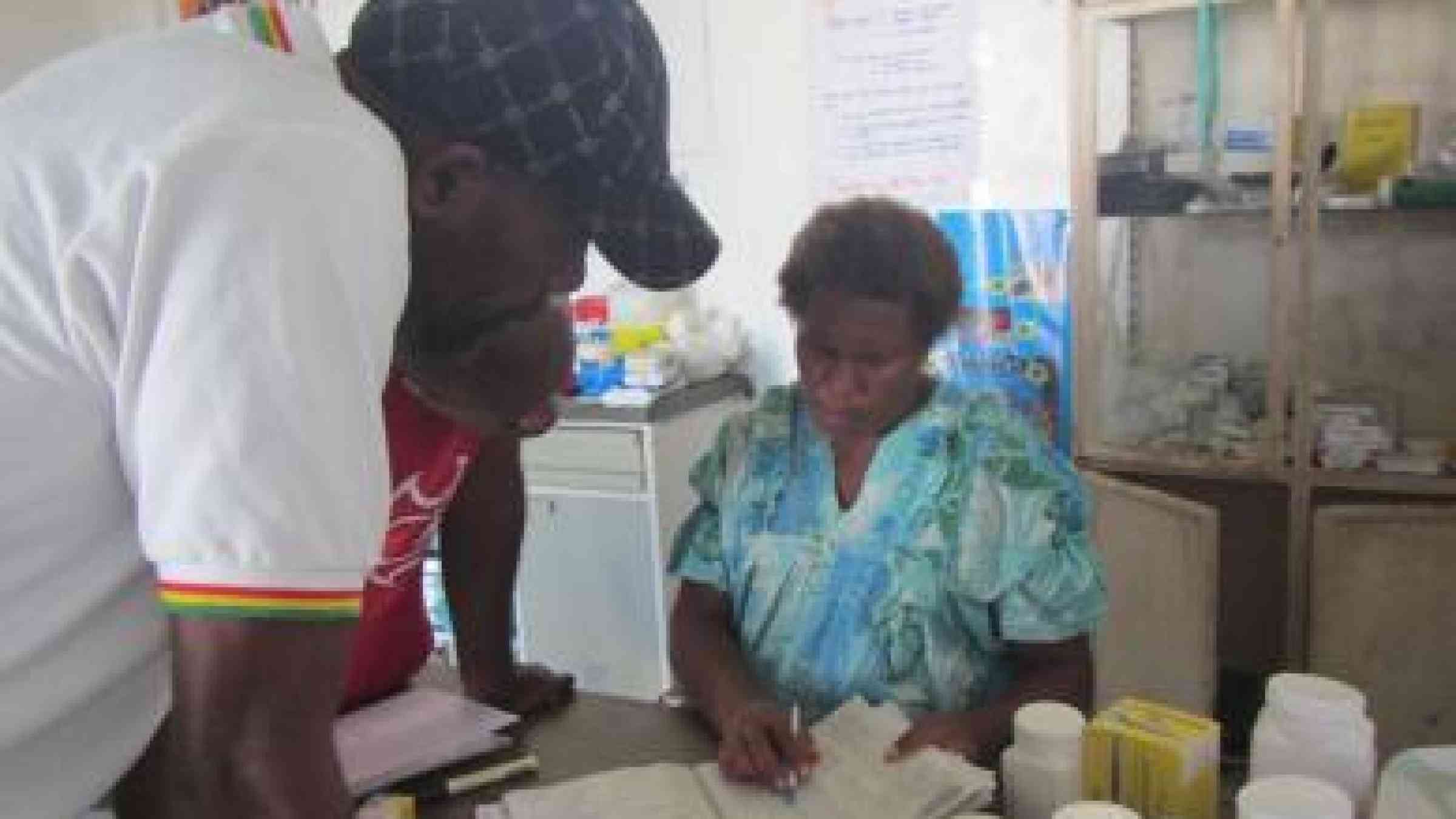Vanuatu reviews disaster response following tropical Cyclone Pam

Port Vila - Just over 100 days since tropical cyclone Pam swept through the Pacific, the Government of Vanuatu is reviewing its disaster response arrangements.
A Lessons Learnt Workshop, hosted by the National Disaster Management Office, will take place in Port Vila on 24 to 25 June to inform the development and implementation of improved procedures for disaster management in Vanuatu.
The workshop is funded by the European Union as part of the Building Safety and Resilience in the Pacific Project, an initiative implemented by the Secretariat of the Pacific Community (SPC).
It will examine the coordination, early warning, information management, logistics and assessments that took place in the immediate aftermath of tropical cyclone Pam - all essential discussion topics following a disaster event of this magnitude.
In addition, the organisers are keen to understand how the response operations addressed issues relating to the different needs of different groups, protection and displacement.
These topics are particularly important as they relate to how the national arrangements met the needs of approximately 65,000 people who were displaced by the cyclone.
The Lessons Learnt Workshop will involve representatives of the Government of Vanuatu, SPC, civil society organisations, faith-based groups, non-governmental organisations, the European Union, United Nations agencies, regional organisations and the private sector.
The National Disaster Management Office hopes the workshop will provide partners with the opportunity to discuss the challenges faced during the response to tropical cyclone Pam, highlight areas of strength that can be built upon and help to develop practical solutions to include in work plans to support effective future disaster response.
The involvement of SPC is an opportunity to obtain feedback on its technical support role in the areas of food security, health surveillance, post disaster impact assessments and coordination support.
The objective of the ACP-EU 'Building Safety and Resilience in the Pacific' project is to reduce the vulnerability, as well as the social, economic and environmental costs of disasters caused by natural hazards, thereby achieving regional and national sustainable development and poverty reduction goals in 15 Pacific countries of the Africa Caribbean Pacific (ACP) group of states.
Media contact:
Suzanne Paisley, DRM Officer, Secretariat of the Pacific Community, Suva, Fiji, suzannep@spc.int